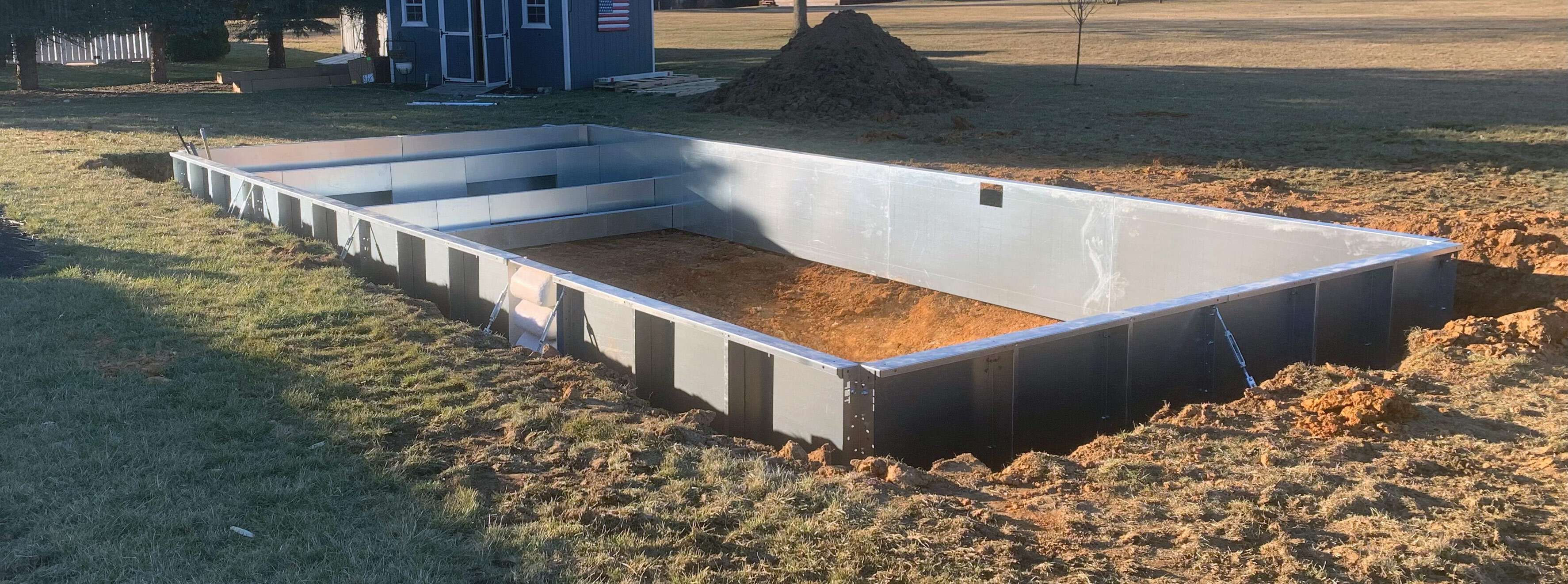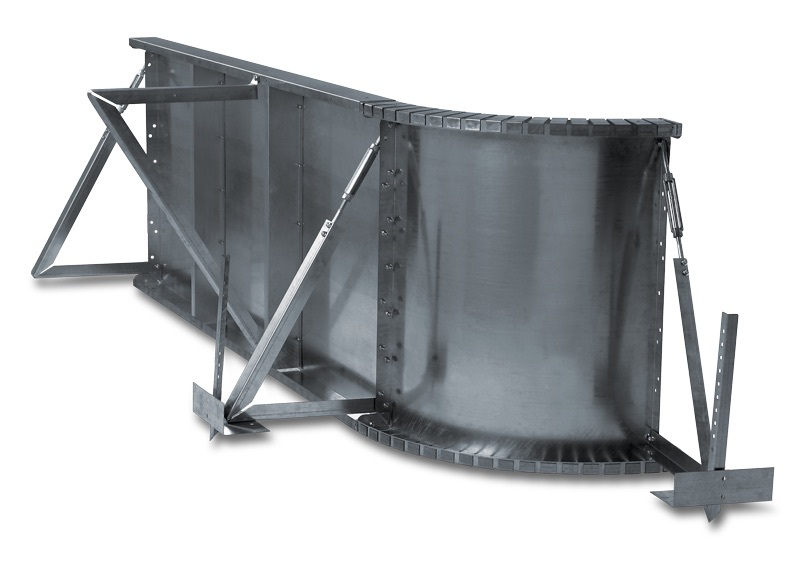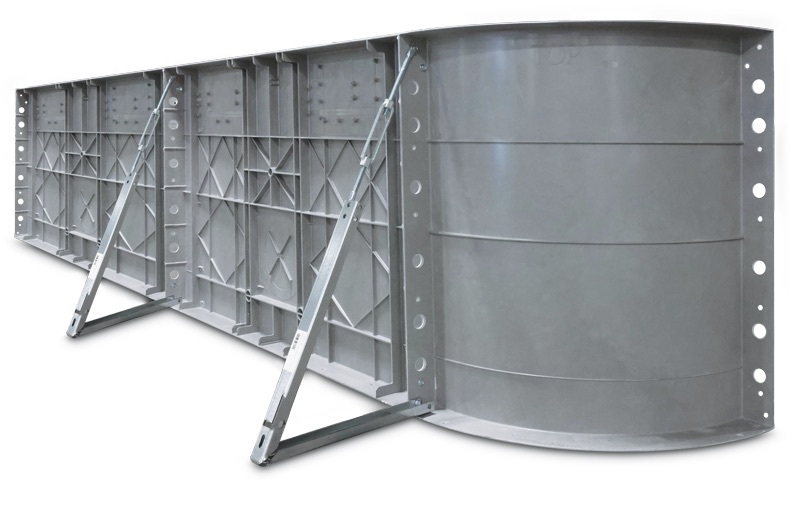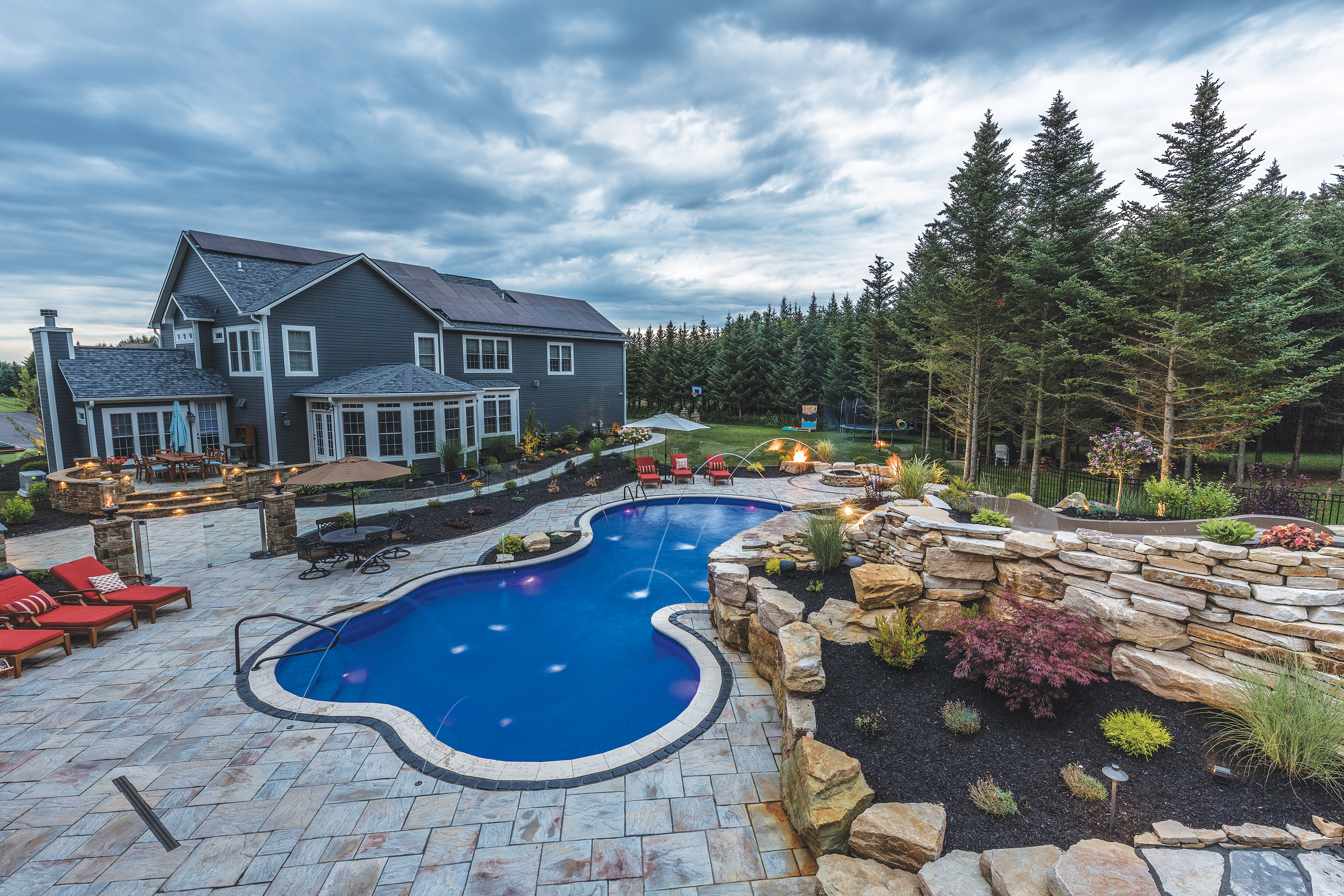Types of Vinyl Liner Swimming Pool Structures (Walls): What You Need to Know Before You Build
Oct 2nd 2025

When you’re planning a new vinyl liner pool, one of the most important decisions you will make is the structure behind the pool liner.
The pool structure is more than just what holds the water in, it plays a key role in your pool’s strength, durability, and long-term cost. Whether you’re working with a builder or researching your options, understanding the different types of vinyl swimming pool structures will help you make the best decision for your backyard.
Let’s break down the different types of vinyl pool structure types and how each one can impact your build.
Why the Wall Structure Matters For Your Pool
Your pool wall is the backbone of your entire structure. It determines the overall shape and support of your entire swimming pool, so it’s important to make an informed decision.
A quality pool wall ensures:
- Structural integrity: Resists bulging, bowing, or shifting over time
- Smooth installation: Gives your liner a snug, clean fit
- Longevity: Withstands decades of water pressure, weather, and wear
- Aesthetics: Creates those crisp corners and clean lines that you look for in your pool
Compared to fiberglass or concrete, vinyl liner pools offer more customization – and the wall structure plays a big role in that flexibility.
Types of Vinyl Pool Wall Structures
Let’s talk about the most common types of vinyl pool walls available today, and how to know which one is right for your pool.
-
Steel Pool Structures

Steel has been the go-to material in vinyl pools for decades. It’s known for its strength and rigidity, making it a great choice for homeowners looking for longevity.
Many builders prefer steel walls because they’re easy to work with and highly customizable. A steel panel system can support nearly unlimited pool shapes and sizes. This makes it ideal for both standard and custom designs when price and performance are most important.
However, since steel pool structures are made out of steel, they can rust over time – especially when combined with low quality pool liners that allow excessive water seepage or high-moisture environments. Most modern steel walls are galvanized or treated to reduce this risk. Our own Titan Steel and TriMax XP3 Steel Pool Structures are highly galvanized and utilize a proprietary top coat, Alpha Advantage Shield, to protect them against red rust, white rust, and corrosion. Our extensive and independent testing of this coating has resulted in the ultimate Steel Pool Structures available.
-
Polymer Pool Structures
Polymer walls are made from structural foam polystyrene plastic. These panels are lightweight, non-corrosive, and non-conductive, making installation safer and more suitable than steel for saltwater environments.
That being said, polymer walls are more susceptible to UV damage and warping, especially when exposed to direct sunlight during installation or over time. With low impact resistance though, they lack the strength of steel or composite structures, which can result inlong-term issues. For this reason, Only Alpha does not manufacture any polymer walls, as their performance is sub- optimal for pool applications. Other manufacturers do offer them in black, gray, or white, with the lighter colors intended to minimize warping effects during installation; however the structural rigidity remains unaffected.
-
Composite Pool Structures (Fiber-Reinforced Composite)

Composite walls are the newest and most advanced option available in vinyl pool construction. Unlike traditional polymer walls, composite pool structures are fiber-reinforced, meaning they’re engineered with added strength and rigidity built right into the structure. Used in a variety of other demanding applications such as bridges, automotive bodies, and even by NASA, it is truly a cutting-edge solution for pools.
At Only Alpha, we manufacture the Structural Armor Pool System — a proprietary composite that resists warping, cracking, and corrosion. This structure combines the durability, lightweight, and corrosion-free performance of fiber-reinforced composite. It ultimately provides the structural strength and performance of steel, giving you a best-of-both worlds solution.
They’re a great choice for:
- Saltwater systems
- Acidic soils
- Salt/Ocean climates
- High water table environments
- Areas with extreme temperature swings
While composite panels may have a slightly higher upfront cost, their longevity and reliability can significantly reduce maintenance and replacement costs over time.
-
Other Types of Pool Walls
Occasionally, you may come across other wall materials like concrete blocks or even wood. However, these are far less common in modern in-ground vinyl pool construction.
Concrete blocks are very strong and can be used to build custom-shaped pools, but a concrete block pool requires more labor and careful liner fitting.
Wood walls are usually found in older or DIY-style pools, and they don’t offer the durability or lifespan of today’s engineered systems.
What’s the Best Option?
There’s no one-size-fits-all answer — the best wall system for your pool depends on your design, budget, and where you live.
- Steel offers time-tested strength and flexibility in design.
- Polymer offers corrosion resistance, but may be prone to warping and strength concerns.
- Fiber-Reinforced Composite, like our Structural Armor Pool Structure, offers advanced strength, durability, and performance — especially in demanding environments.
Talking with your builder about your needs and site conditions is the best way to choose the right wall structure for your vinyl pool.
Build with Confidence — The Only Alpha Advantage
At Only Alpha Pool Products, we don’t just manufacture swimming pool components, we engineer them with innovation, precision, and performance in mind. Our Structural Armor fiber-reinforced composite pool structure is built to outperform traditional polymer and rival even steel systems, offering unmatched strength and long-term value.
Ready to see what a better-built pool starts with? Contact us today to learn more about our pool structures and how we can support your next project.

